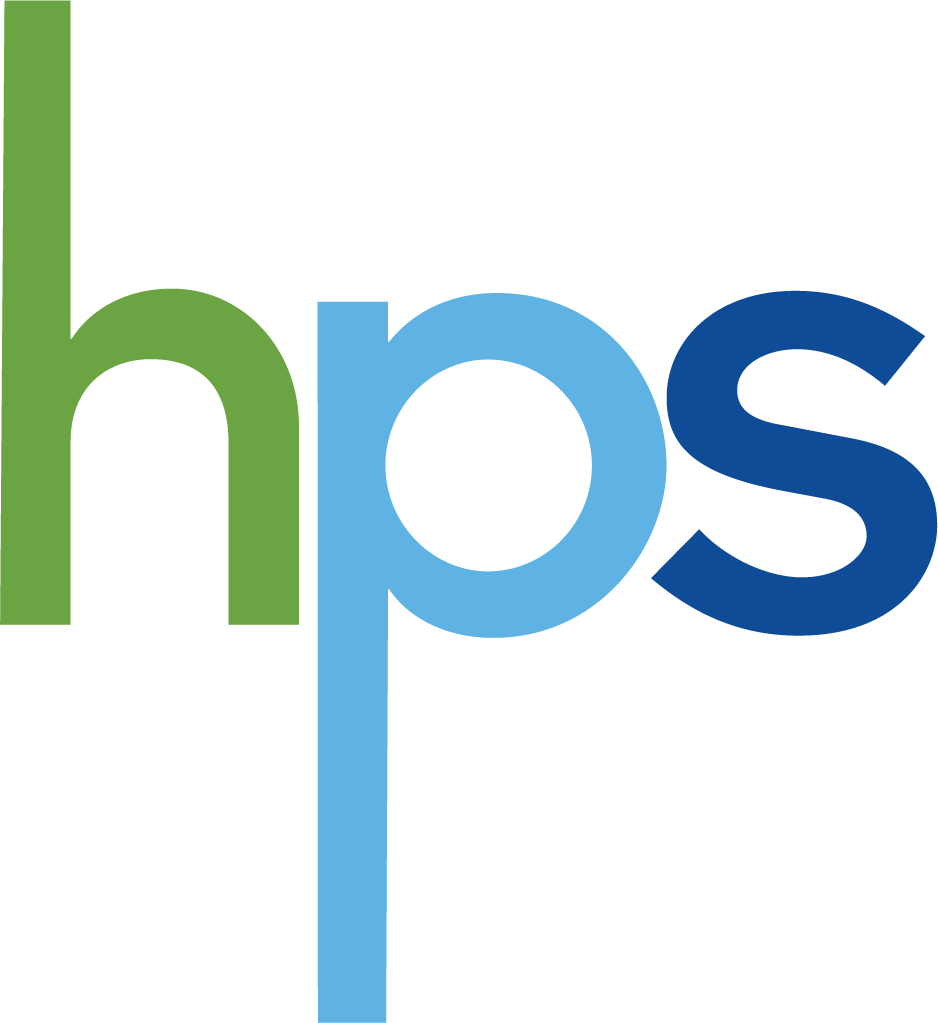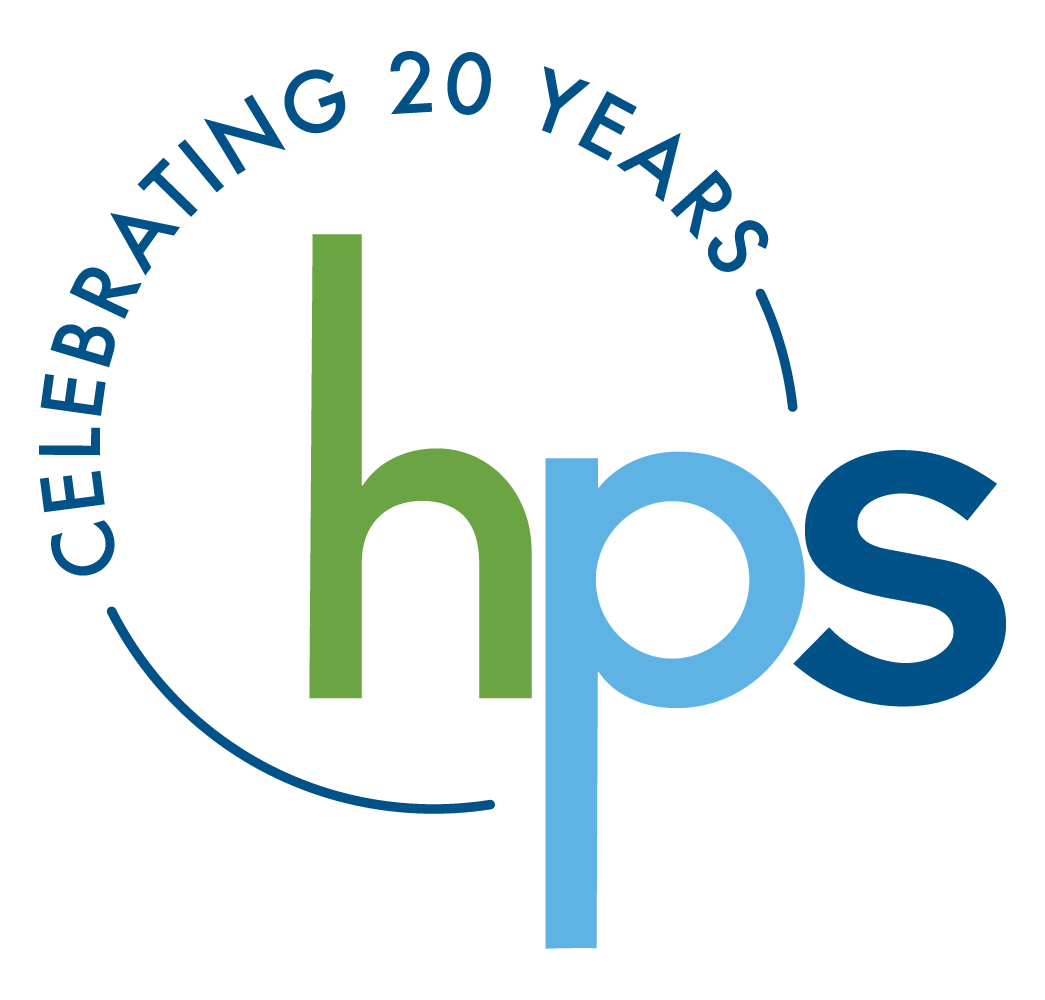HHS Waives Telehealth Restrictions for Medicare Beneficiaries to Expand Access to COVID-19 Treatment
HHS Waives Telehealth Restrictions for Medicare Beneficiaries to Expand Access to COVID-19 Treatment
An update on this topic was posted on April 6, 2020, in "Cares Act Provides More Access to Telehealth Services for Medicare Beneficiaries."
On March 6, 2020, President Trump signed the $8.3 billion Coronavirus Preparedness and Response Supplemental Appropriations Act into law, which provided $500 million in waivers for certain Medicare telehealth restrictions during the COVID-19 public health emergency. Since older adults are at higher risk for serious illness from COVID-19, the Medicare waivers will provide this vulnerable community with access to care.
The law (1):
Waives originating site requirements during the emergency period which allows all Medicare beneficiaries to receive telehealth services at home. Before the law, patients had to be present at an eligible telehealth originating site (i.e. hospital, office of a physician, a skilled nursing facility) when they received the telehealth service, unless they were receiving treatment for a substance use disorder or home dialysis for end stage renal disease.
Allows Medicare beneficiaries to receive telehealth services by telephone as long as the telephone has audio and video capabilities that are used for two-way real time interactive communication.
Requires a pre-existing relationship between the patient and the healthcare provider furnishing the telehealth service. The provider must have treated the individual within three years of the date the telehealth service is provided, and the service or item must have been paid for under Medicare. The pre-existing relationship can be extended to a different physician within the same practice.
The American Telemedicine Association (ATA) commended Congress for including the Medicare telehealth waivers during this public health emergency. ATA’s CEO, Ann Mond Johnson, stated the following:
“We are heartened by the swift actions being taken by Congress to put the right tools in the hands of healthcare professionals to effectively address the COVID-19 outbreak.” . . . “Many ATA members are providing solutions that are helping to keep people safe and out of hospitals and doctors’ offices, map the virus and triage individuals needing medical care. Telehealth is well-suited to provide one-to-many care that is safe, effective and efficient. We are seeing the significant value telehealth offers, not only in public health emergencies but also in day-to-day care delivery.”
According to Nancy Kaszak, the Director of the Illinois Telehealth Initiative at the Partnership for a Connected Illinois, which seeks to expand access to telehealth throughout Illinois, "Telehealth is a powerful tool during this national emergency to fight the spread COVI[D]-19, to protect healthcare providers and to care for those with the virus.” said Kaszak. “This is a game-changer!" Notably, private insurance companies and hospitals are following Medicare’s example and incorporating telehealth services in their response to the virus. Blue Cross Blue Shield Association recently announced that to prevent further spreading of COVID-19, its entire network of companies will expand access to telehealth by encouraging virtual care and it will assist their members with accessing the nurse and provider hotlines. Kaiser Permanente is offering its members healthcare appointments by phone and online. Rush University Medical Center in Chicago is one of several (2) hospitals that have set up a virtual medical line to help screen patients for COVID-19.
(1) Telemedicine providers must still comply with state laws and regulations that affect the delivery of telehealth services (i.e. professional license requirements, scope of practice and consent).
(2) University of Chicago, Indiana University Health, and Northshore University HealthSystem have also set up virtual screening or E-visits for patients that are experiencing symptoms of COVID-19.


